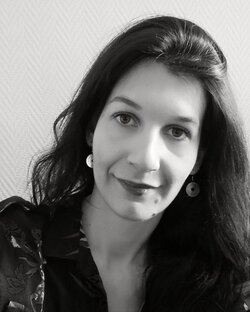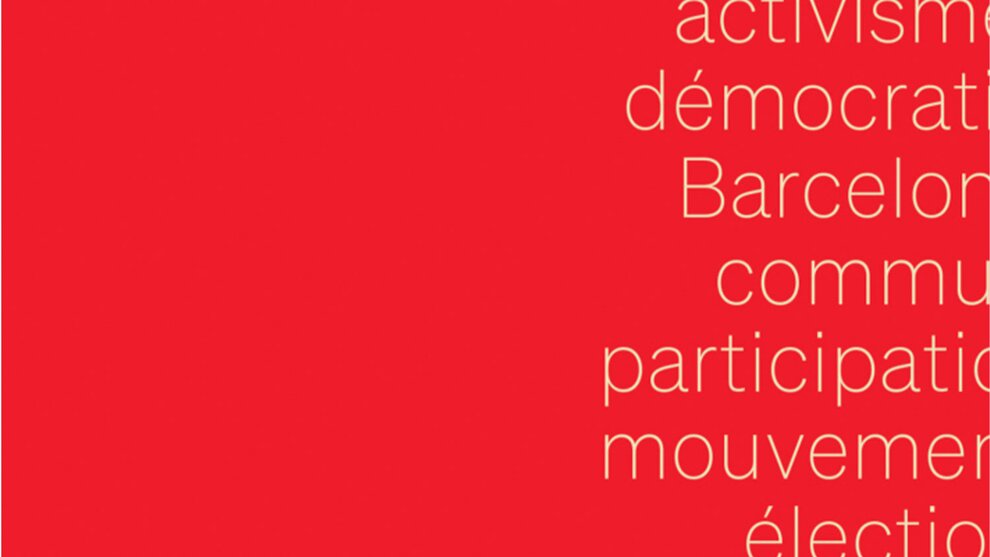Circulation of knowledge: what impacts for the research landscape and its actors?

Article by Alexandra Duperray, following the Virtual Summit on Impact

Six years after the creation of this program, how can the impact be evaluated: what innovations have been implemented and what changes can be observed in the research centers (in France and abroad) as well as in the careers of researchers?
By targeting postdoctoral students, the FMSH chose to support young scholars at a crucial moment: after the supervision of the PhD and the beginning of their career. The researcher's mobility in a foreign research center is at this stage a real springboard. Indeed, for the researcher, the impact analysis of the Atlas program, carried out among 83 laureates and 21 French research centers, shows that international mobility has allowed researchers, and in particular Arab scholars invited in a French research center, to widen their scientific knowledge (especially in interdisciplinary fields), and to acquire new working and research methods. By improving their expertise, they better integrate into the academic and professional networks. The French and international research institutions that host a foreign scholar, see their research teams develop new areas of research, and develop new collaborations and projects, which enhance their internationalization. These partnership projects will give the opportunity to institutions to build new relations with foreign higher education institutions, or to strengthen them when they already exist. The communities of researchers that result from this cooperation contribute to the development of countries where research may be poorly funded. As Safwan Masri, Executive Vice President for Global Centers and Global Development, Columbia University, points out, capacity building is a process that takes time: "a process by infusion, by osmosis" (Virtual Summit on Impact November 18, 2020). According to him, "knowledge starts emanating from the region and gets transformed into policy". By enhancing their capacities, local institutions will be the vectors of change in the research landscape and will drive the economic and social transformation of their regions.
Following the Virtual Summit on Impact and as a continuation of its funding programs, the FMSH will go further by integrating the Atlas mobility program into a broader network enabling other local institutions in social sciences and humanities in the MENA region to work on a common agenda and drive change in their regions.
The author
Alexandra Duperray is Coordinator at the International department of the Fondation Maison des sciences de l’homme. She coordinated the organization of the fifth session The impact of capacity building initiatives on the next generation of young scholars, universities, and economic development of MENA region.
About the Virtual Summit on Impact

Watch the replays of the 8 sessions, daily highlights and associated resources to relive these four days of engaging content and thought-provoking conversations.
Visit the website of the 1rst edition of the Virtual Summit on Impact
Related articles
Hal Plotkin, Institute for the Study of Knowledge Management in Education | Leadership styles matter: The key finding for grantmakers and grantees from the Virtual Summit on Impact
Emmanuel Kattan, Alliance Program - Columbia University | Restoring Trust, Delivering Impact
Lisa Petrides, Institute for the Study of Knowledge Management in Education | FMSH Partners with ISKME to Provide Social Impact Services





